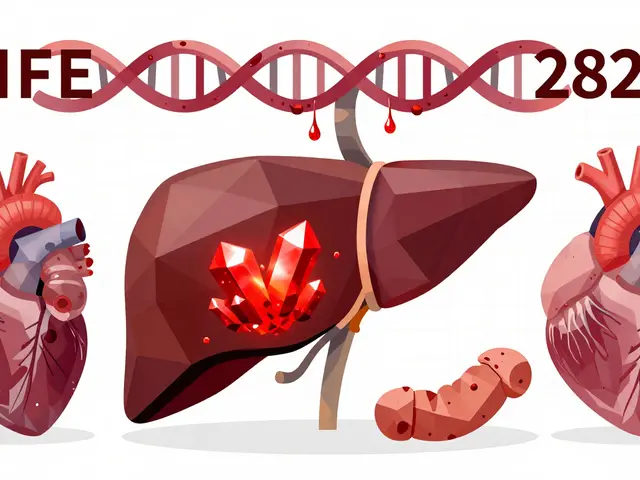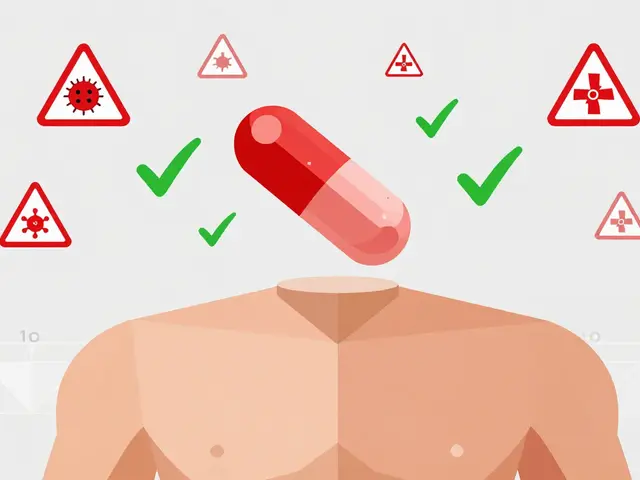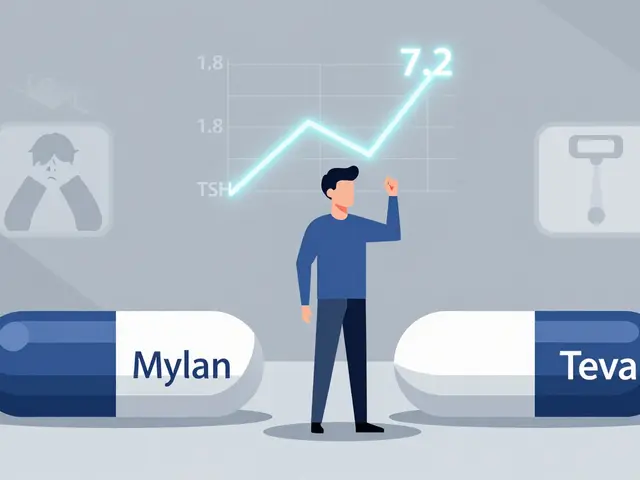Rutin: Natural Flavonoid for Veins, Allergies, and More
Ever heard that a plant compound can help bruises fade faster and support blood vessels? Rutin is that compound—found in buckwheat, citrus peels, and onions—and many people use it as a supplement for circulation and inflammation.
Rutin is a flavonoid glycoside that strengthens capillaries and helps the body handle oxidative stress. Clinically it’s looked at for improving venous insufficiency, reducing easy bruising, and helping allergic symptoms by stabilizing mast cells. That doesn’t mean it’s a cure-all, but the research shows benefits for specific issues when used sensibly.
Benefits and Evidence
For varicose veins and chronic venous insufficiency, randomized trials show rutin can reduce leg heaviness, swelling, and bruising when taken with standard care. Small studies also report less nosebleeds and fewer skin bruises in people with fragile capillaries. For allergies, rutin may modestly reduce seasonal symptoms by limiting histamine release. Think of rutin as supportive care rather than a replacement for medical treatment.
People looking to boost antioxidant intake like rutin because it works with vitamin C. Several trials pair rutin with vitamin C and report better results than either alone—especially for capillary health. That makes sense: rutin helps stabilize collagen in vessel walls while vitamin C supports collagen formation.
Sources, Dosing, and How to Use
You can get rutin by eating buckwheat, citrus peels (think lemon or orange rind), apples, and onions. As a supplement, common doses range from 300 mg to 500 mg per day, often split into two doses. Some protocols use up to 1,000 mg daily for short periods under supervision. If you’re taking it with vitamin C, small doses like 100–500 mg vitamin C daily pair well.
Timing is flexible—take with food to reduce stomach upset. If you have venous problems, expect several weeks to notice changes; capillary strength and bruising improve gradually.
Rutin is generally well tolerated. Mild GI upset or headache are the most reported issues. If you’re pregnant, breastfeeding, or on blood thinners (like warfarin), check with your doctor first—rutin can affect clotting pathways and interact with anticoagulants.
When picking a supplement, choose a reputable brand with third-party testing and clear rutin dosage per serving. Look for capsules with minimal fillers and a transparent ingredient list. If you prefer whole-food sources, try toasted buckwheat groats in salads or use grated citrus zest in cooking.
Want to try rutin for bruising or mild varicose symptoms? Start low—300 mg daily—and track changes for 4–8 weeks. If you feel better, keep a steady routine and discuss long-term use with your clinician. If no change or side effects appear, stop and consult a healthcare pro.
Questions? Ask your pharmacist or doctor for tailored advice, especially if you take other medicines or have chronic conditions today or during visits.
Alright folks, here's the scoop on Rutin - a dietary supplement that's got scientists and health nuts buzzing. Now, don't let the term 'bioflavonoid' scare you off; it simply means Rutin is a plant pigment with some pretty knockout health benefits. Research shows it's got potential to reduce inflammation, strengthen blood vessels, and even help with hemorrhoids - talk about a triple threat! What's more, it's found in a bunch of fruits and veggies, so it's easy to get in your diet. So, the next time you're down the supplement aisle, consider Rutin as your ticket to a healthier you!
Continue reading...





